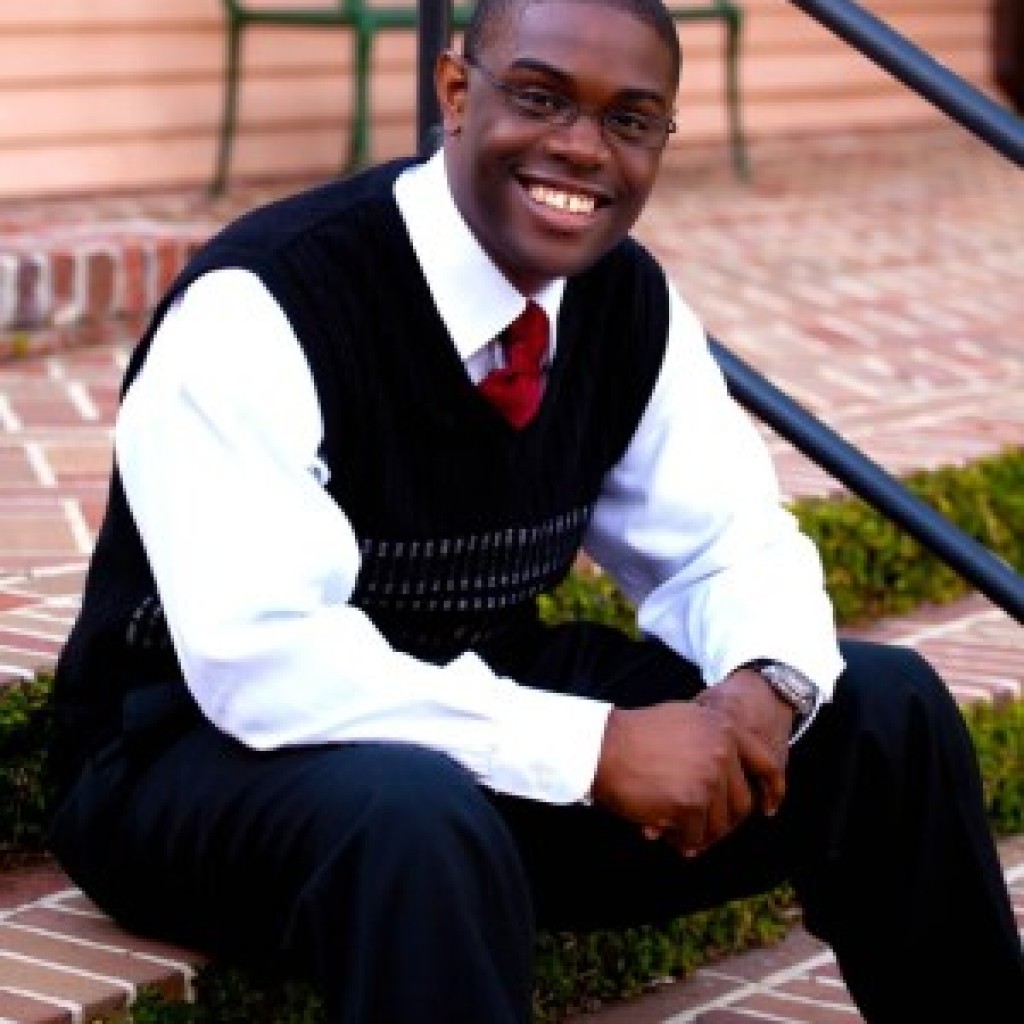
On Thursday the Florida Supreme Court will hear oral arguments on the proposed constitutional amendment that, if approved by voters, would legalize medical marijuana in this state. Attorney General Pam Bondi and others are asking the court to throw the amendment off the ballot because the title and summary “do not convey the Amendment’s true scope or meaning.”
If the court allows the amendment to go forward, the amendment sponsor needs 683,149 validated signatures by Feb. 1 to place it on the ballot. As of last week, the effort stood at 128,981 valid signatures.
This issue has a profile directly proportional to that of its chief proponent, super lawyer John Morgan of Morgan and Morgan. Morgan is chairman of a group called People United for Medical Marijuana, sponsor of the amendment that is officially titled, “Use of Marijuana for Certain Medical Conditions.” It is difficult to be anywhere in Florida without hearing Morgan’s appeal “for the really sick people.”
Morgan’s radio commercials mention those suffering from severe maladies such as “cancer, ALS, AIDS, epilepsy, multiple sclerosis, debilitating injuries including paralysis, some terminal.” I might have added severe autism to the mix. Who could be against helping those suffering individuals?
The obvious answer is: precious few. Recently, Quinnipiac University released a poll focusing upon the horse race between Gov. Rick Scott and former Gov. Charlie Crist. Pollsters also asked about the feelings of Floridians toward medical marijuana. By an 82-16 margin (including 70 percent of Republicans), respondents supported the concept.
I am guided by personal experience. During, and weeks after, my treatment for throat cancer in 2005, the urge to eat and maintain nutrition was nearly nonexistent. My circumstance was temporary, but many others are not as fortunate. Patients and loved ones of those with either terminal or truly debilitating illnesses understandably seek a reasonable quality of life. When it comes to these Floridians, I’m with the 82 (and the 70).
Those numbers would likely shrink if Floridians felt the acquisition of marijuana was abused. The first state to approve the use of medical marijuana, California, is the poster child for legally placing marijuana in the hands of unintended individuals.
Morgan says “[the voters] don’t want California,” and he is right, but Bondi argues that California is precisely what this amendment will deliver if approved. At the same time, Morgan makes a valid point when he says voters want real doctors prescribing the drug instead of the presence of pill mills that cause many deaths.
The problem comes when a “licensed doctor” is asked to prescribe marijuana for unverifiable “chronic pain.” Wasn’t this a symptom of the infamous pain clinics and pill mills that proliferated before the state began to shut many of them down in 2011?
From a 2013 study conducted by Gerald Caplan, professor of law at the University of the Pacific McGeorge School of Law, we find unintended consequences of lax regulation. For example, in Colorado (before recreational marijuana gained approval), “only two percent of registered patients had cancer and one percent HIV/AIDS, while ninety-four percent claimed to suffer from ‘severe pain.’”
In Oregon, Professor Caplan found “fewer than ten percent of the roughly 35,000 [approved] patients suffered from cancer, multiple sclerosis, glaucoma, or the other specific debilitating conditions cited in the legislation. Ninety percent cited chronic pain as their qualifying debilitating disease.”
The Florida amendment allows a doctor to determine what constitutes “debilitating diseases.” Bondi argues that, like several other states, those diseases should be clearly and strictly defined. She cites 18 states with such strict provisions, ranging from conservative Montana and Alaska, to the more progressive Connecticut, Washington and New Jersey.
Because “the Sponsor chose words that do not convey the Amendment’s true scope or meaning” and “because voters deserve the truth, this Court should remove the proposal from the ballot,” argues Bondi. If the amendment’s title contained the word “specific” instead of “certain” medical conditions, more of us who acknowledge the benefits of medical marijuana could support the amendment.
Some question the motives of Morgan. I don’t join that chorus and we should stick strictly to the merits of the issue. He tells the story of his father dying of cancer and being unable to eat. With the help of marijuana, the elder Morgan’s appetite increased and “he got to pass away with dignity and compassion.”
However, Floridians will be best served if either Bondi is successful or the amendment is defeated next November for the reasons previously cited. But with this level of public compassion, the Florida Legislature had best start laying plans for dealing with this issue regardless of the course taken by the Florida Supreme Court.
Use California as a model for what not to do and be guided by the success stories from other states. Say “no” to marijuana proliferation, but say “yes” to “the really sick people” who need help.



